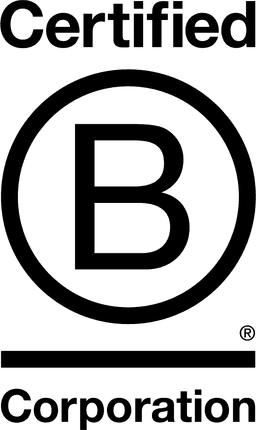

Wildling Shoes GmbH

North Rhine-Westphalia, Germany
December 2021
Apparel
Wholesale/Retail
Germany,
United States
Wildling Shoes was founded in 2015 by Anna and Ran Yona out of a simple idea: to create shoes that bring freedom back to our feet. The company designs minimal shoes that promote natural movement, strengthen foot muscles, and connect people more consciously with themselves and their environment. At Wildling, “minimal” does not only describe the shoe – it defines the way the company does business. The goal is to minimize environmental impact while creating positive influence across the entire value chain. From sourcing regenerative, natural materials like hemp, linen, cotton, and wool to collaborating with partners around the world and ensuring fair, transparent processes – Wildling stands for responsibility and circular thinking. Today, around 80 people work at Wildling, most of them remotely. The company fosters a culture of trust, flexibility, and shared responsibility. As a Certified B Corporation, Wildling is part of a global movement showing that business can be a force for good – and that every step can leave a positive footprint.
Overall B Impact Score
Governance 14.5
Governance evaluates a company's overall mission, engagement around its social/environmental impact, ethics, and transparency. This section also evaluates the ability of a company to protect their mission and formally consider stakeholders in decision making through their corporate structure (e.g. benefit corporation) or corporate governing documents.
What is this? A company with an Impact Business Model is intentionally designed to create a specific positive outcome for one of its stakeholders - such as workers, community, environment, or customers.
Workers 24.2
Workers evaluates a company’s contributions to its employees’ financial security, health & safety, wellness, career development, and engagement & satisfaction. In addition, this section recognizes business models designed to benefit workers, such as companies that are at least 40% owned by non-executive employees and those that have workforce development programs to support individuals with barriers to employment.
Community 19.0
Community evaluates a company’s engagement with and impact on the communities in which it operates, hires from, and sources from. Topics include diversity, equity & inclusion, economic impact, civic engagement, charitable giving, and supply chain management. In addition, this section recognizes business models that are designed to address specific community-oriented problems, such as poverty alleviation through fair trade sourcing or distribution via microenterprises, producer cooperative models, locally focused economic development, and formal charitable giving commitments.
Environment 23.3
Environment evaluates a company’s overall environmental management practices as well as its impact on the air, climate, water, land, and biodiversity. This includes the direct impact of a company’s operations and, when applicable its supply chain and distribution channels. This section also recognizes companies with environmentally innovative production processes and those that sell products or services that have a positive environmental impact. Some examples might include products and services that create renewable energy, reduce consumption or waste, conserve land or wildlife, provide less toxic alternatives to the market, or educate people about environmental problems.
What is this? A company with an Impact Business Model is intentionally designed to create a specific positive outcome for one of its stakeholders - such as workers, community, environment, or customers.
Customers 3.3
Customers evaluates a company’s stewardship of its customers through the quality of its products and services, ethical marketing, data privacy and security, and feedback channels. In addition, this section recognizes products or services that are designed to address a particular social problem for or through its customers, such as health or educational products, arts & media products, serving underserved customers/clients, and services that improve the social impact of other businesses or organizations.